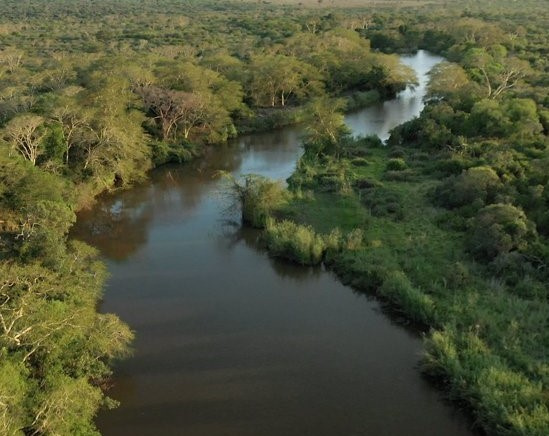Affiliated Project - This project is supported by the South African subsidiary of L'OCCITANE en Provence.
Context
Today, 1 million species are threatened with extinction due to human pressures, impacting our planet's ability to sustain life. The main driver of species extinction is habitat loss and fragmentation. Locally in South Africa, the main drivers of habitat loss are commercial agriculture and forestry. Forests, which are home to 80% of the world's species, are particularly important to protect: it is estimated that more than 15 billion trees are cut down each year, leading to a loss of the planet's ability to sequester carbon and mitigate climate change. climate change.
Dry sand forest is South Africa's most threatened forest type, providing essential habitat for many endemic and rare plants, trees and mammals (home to more plant species than all of Europe!). This fragile forest is under threat due to deforestation for agricultural purposes, human population growth, and increasing animal population density within wildlife reserves (which, when overpopulated, overgraze the forest unsustainable and threaten the ecosystem).
Supported Project
In 2023-2024, the South African subsidiary of L'OCCITANE en Provence is supporting the Wild Tomorrow Fund and its project which aims to restore 4 hectares of the most threatened forest habitat in South Africa by planting 10,000 native trees. Located in a global biodiversity hotspot, the project area is part of a corridor being protected and restored for threatened biodiversity, including elephants, rhinos, leopards and birds.
Some Figures
Budget 6,470 euros
Result 3.5 hectares regenerated
Result 1,807 planted trees
